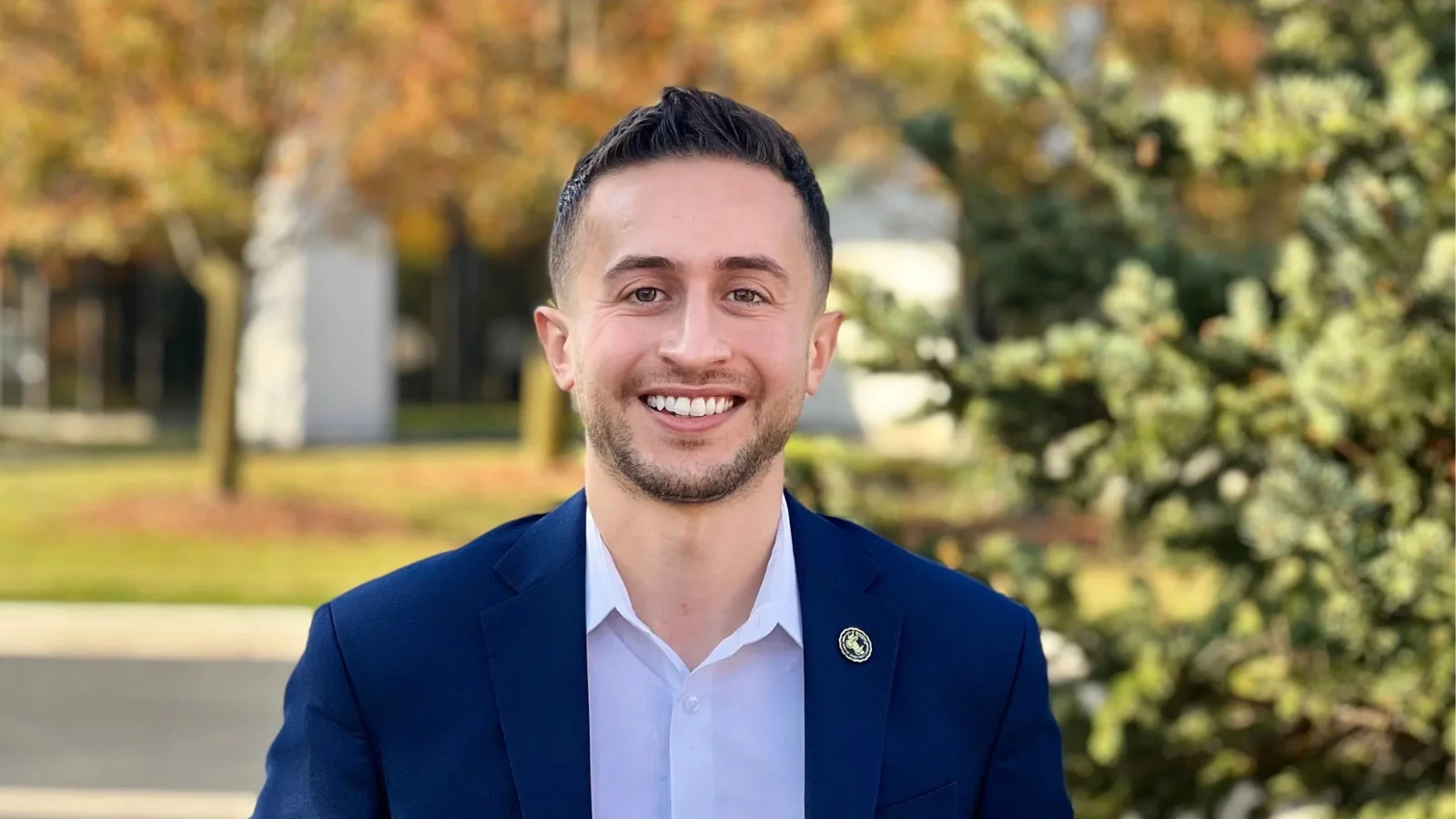Ali Abazeed, director of Public Health for the city of Dearborn | city of Dearborn
Ali Abazeed, director of Public Health for the city of Dearborn | city of Dearborn
The City of Dearborn Public Health (DPH) and the Michigan Public Health Institute’s Center for Healthy Communities (CHC) have started a joint effort to better understand and address health concerns among Dearborn residents. The initiative centers on a Community Health Needs Assessment (CHNA) and a Community Health Improvement Plan (CHIP).
The assessment process follows the Mobilizing for Action through Planning and Partnerships 2.0 (MAPP 2.0) Framework, which was created by the National Association of County and City Health Officials (NACCHO). Teams from both DPH and MPHI are working together to collect data, identify resources, set priorities, and plan strategies aimed at improving public health in Dearborn.
Through this collaborative process, four main priority areas have been identified based on community input and data analysis.
Ali Abazeed, director of Public Health for the city of Dearborn, stated: “This assessment blends data with human stories. It’s Dearborn telling its own story — what hurts, what heals and what’s possible when communities, science and government work together. This assessment isn’t just a report — it’s a living blueprint shaped by community voices, backed by data, and born from partnership. It will guide our next phase. We invite residents, activists, workers, students, and visitors to be part of this future effort.”
Information about the improvement planning efforts can be found at https://dearborn.gov/residents/public-health/community-health-needs-assessment. Additional details about the MAPP process are available at Mobilizing for Action through Planning and Partnerships (MAPP) – NACCHO.






 Alerts Sign-up
Alerts Sign-up